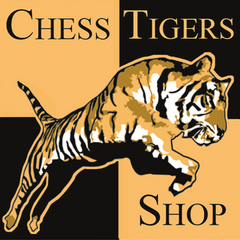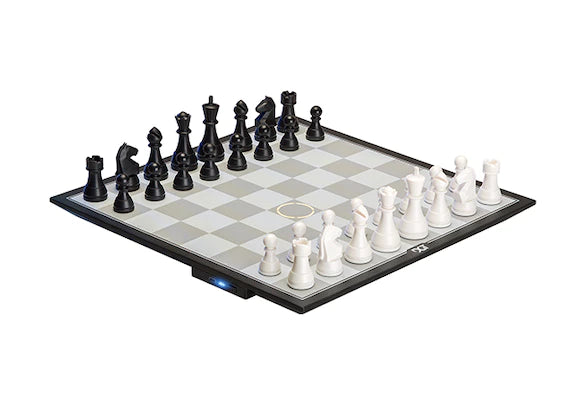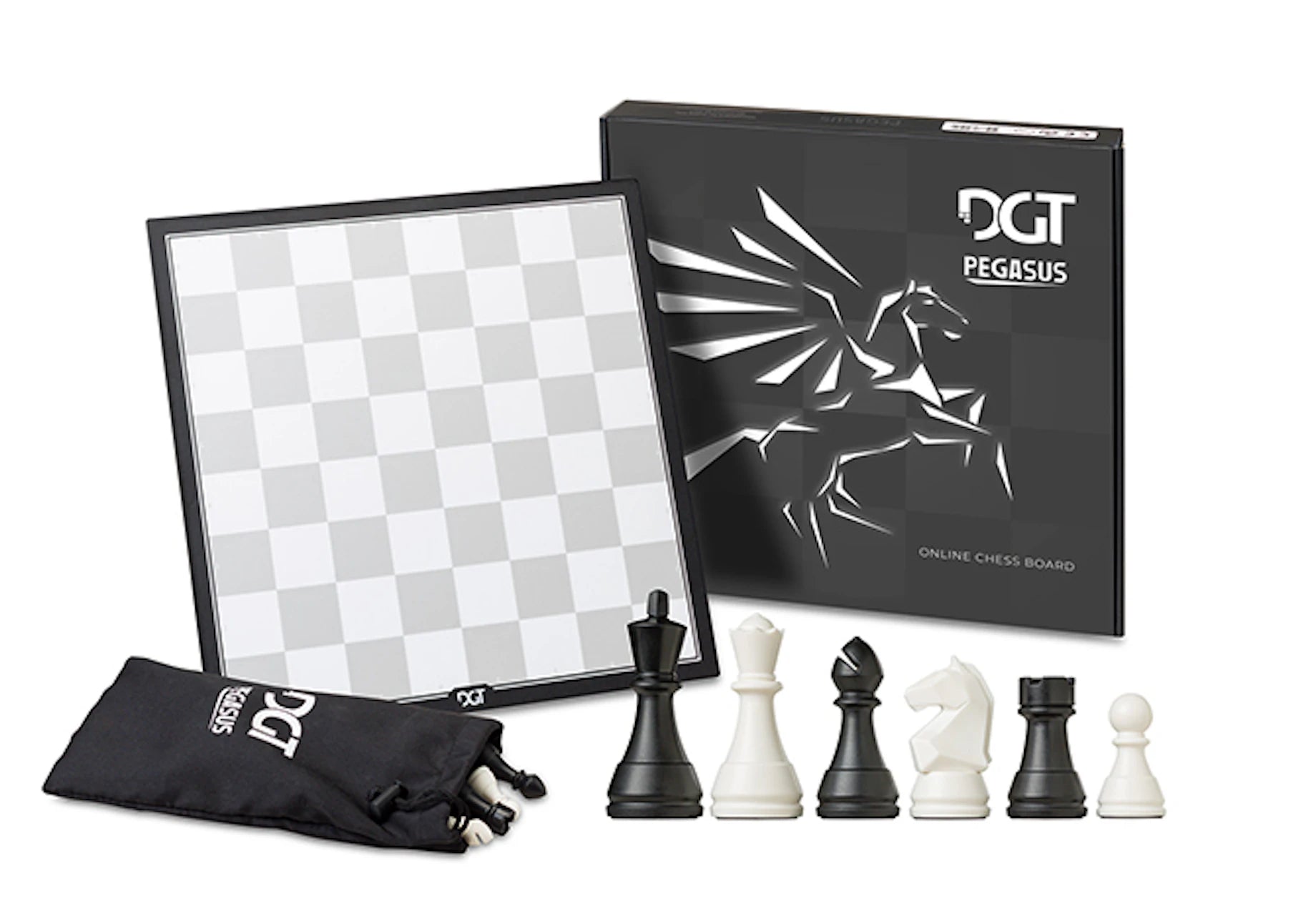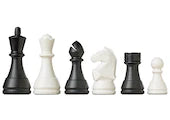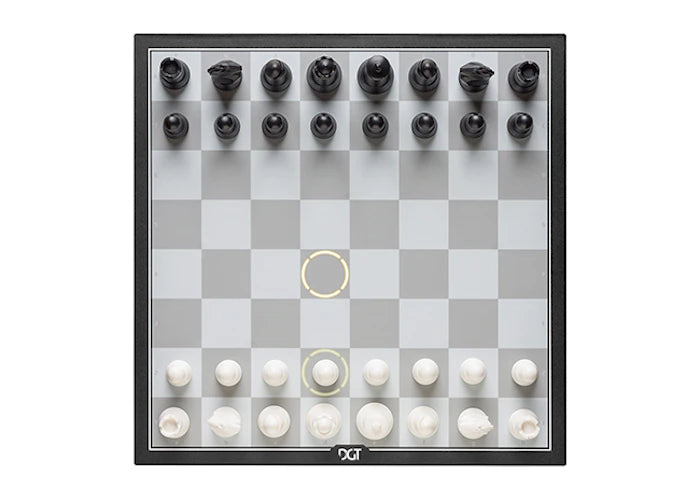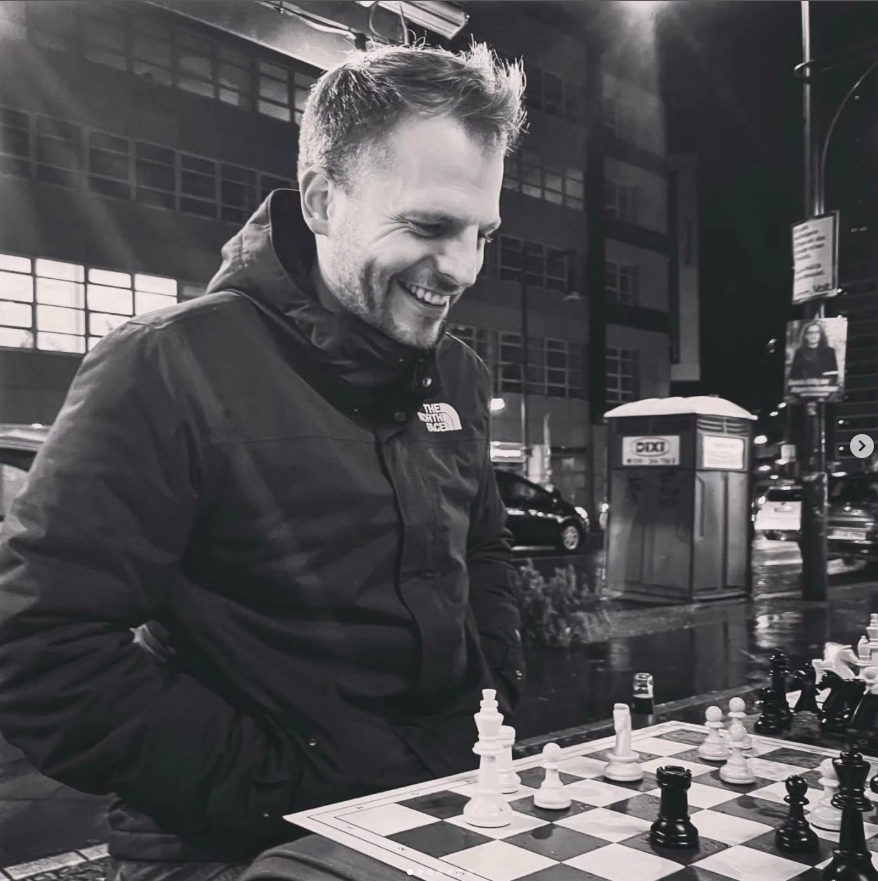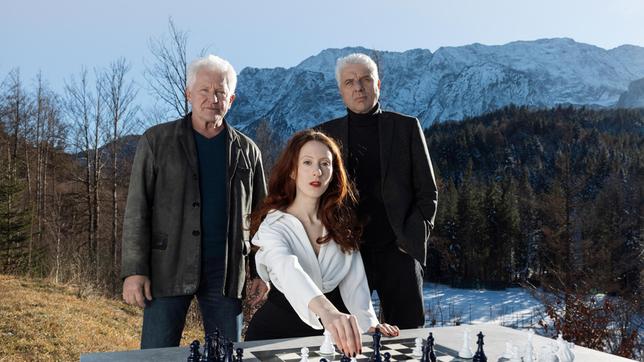Chess clocks are an important part of the game of chess. In addition to the position on the chessboard, the question of how much time the players have left to make their moves plays a key role in the outcome of a chess game.
This article describes the ten criteria that chess players or clubs should pay attention to when buying chess clocks. At the end of the article , two specific clocks are recommended .
1. Digital signal
In the past, analogue clocks with two mechanical spring movements were used. When the time had elapsed, this was indicated by the so-called falling leaf. Analogue clocks look nice and do not need a battery. But now digital clocks have become more popular.
A big advantage of digital clocks is that you can see more precisely how much time each player has left. In addition, games are now often played with increments , meaning that you get a certain amount of time credit for each move you play. Only digital clocks are able to implement the game with increments.
2. Renowned manufacturer
Just as with other products, you take less risk if you choose a reputable manufacturer. The best-known and most established manufacturer of chess clocks is the Dutch company DGT . There are also other brands such as Leap, Garde and Philos.
3. Seesaw
With a chess clock, it is important to be able to see at first glance which player is moving . This is why most digital chess clocks have a rocker switch. When a player has made his move, he presses the rocker switch so that it is facing upwards towards the opponent. Clocks with a rocker switch are preferable to clocks with buttons or a smooth surface.

4th prize
A good chess clock costs between 40 and 70 euros . If a clock is below this price range, this indicates that essential components for the game are missing or that the clock is not approved for Elo-rated tournaments.
5. Setting options
A good chess clock should allow you to set different time controls. This includes the common modes already being preset . The presets should be printed on the back of the chess clock so that you don't have to check the manual before using it.
On the other hand, it must be possible to set user-defined time controls or, ideally, even to program them in , including those with increments.
6. Appearance
Another important criterion is the appearance . If the digital clock has already replaced the prettier analogue clock, you certainly don't want to use an old-fashioned looking clock. Some players prefer bright colours, while others prefer a wooden look.
7. Display properties
The Technical Commission of the World Chess Federation FIDE has published a recommendation on chess materials on its website. In it, FIDE places importance on certain display properties for watches:
- The watch should display the number of seconds from the beginning, even during long time controls (i.e. five-digit display instead of four-digit display ).
- If the time control is exceeded, the display must clearly indicate which player's time has expired.
- When the battery level is low, an indicator should light up.
8. Possibility of connection to the electronic board
Anyone who wants to broadcast their chess games live on the Internet not only needs an electronic board, but also a clock so that viewers can follow the time spent thinking. Only a few chess clocks are capable of this. This can be recognized by the hole for the connection. This criterion is particularly important for tournament organizers.
9. Weight
When it comes to weight, surprisingly , the heavier the better. If the clock is too light, it is more likely to be moved accidentally. This can happen when both players are short on time and press the clock in an uncoordinated manner. More weight provides more stability.
10. FIDE Recommendation
The FIDE Technical Commission has issued a special recommendation ( "endorsed by the FIDE ") for seven chess clocks.
The watches in question are:
- DGT XL (2007)
- Silver Timers (2007)
- Systemco (2009)
- DGT 2010 (2010)
- DGT 3000 (2014)
- Chess Evolution Classic clock and premium clock (2017)
- LEAP clock KK 9908 (2017)
The watches mentioned bear the imprint “ FIDE approved ”.
According to DGT, the DGT 2500 is also approved as the successor model to the DGT 2010, even if this is not (yet) noted in the official FIDE list .
It is unclear whether Elo-rated private tournaments are also permitted with other clocks: In the official manual, FIDE requires the use of these clocks only for official FIDE events. If you want to play it safe, use one of the clocks listed.
Chess Tigers Recommendation:
Taking all of the above criteria into account, the Chess Tigers recommend two special digital chess clocks. Both are absolute classics and are used very frequently in clubs and at chess tournaments:
1. Recommendation: DGT 2010 - "The Reliable One"
<<< TO THE CHESS CLOCK DGT 2010 >>>
- from the renowned manufacturer DGT
- with official FIDE recommendation
- inexpensive (54,00 €)
- Special price for clubs: 8 clocks for 392 € , 16 clocks for 775 € , 8 clocks and 8 wooden chess sets for 899 €
- 22 pre-programmed timing options and additional manual setting options
- long battery life
- reliable and easy to use
If you miss the five-digit time display and prefer red instead of brown, you can choose the successor model DGT 2500 (price: €62.50).
<<< TO THE PRODUCT VIDEO DGT 2010 >>>
2. Recommendation: DGT 3000 - “The Comfortable”
<<< TO THE CHESS CLOCK DGT 3000 >>>
- from the renowned manufacturer DGT
- with official FIDE recommendation
- Price: 66,00 €
- five-digit display (display of seconds from the beginning)
- 25 preset time controls, another 5 freely programmable time controls
- Possibility of connection to the electronic DGT board
- 5 year manufacturer warranty
The watch is red. Alternatively, for an additional charge of €3, you can get the DGT 3000 limited in wood look, which has the same functions.
